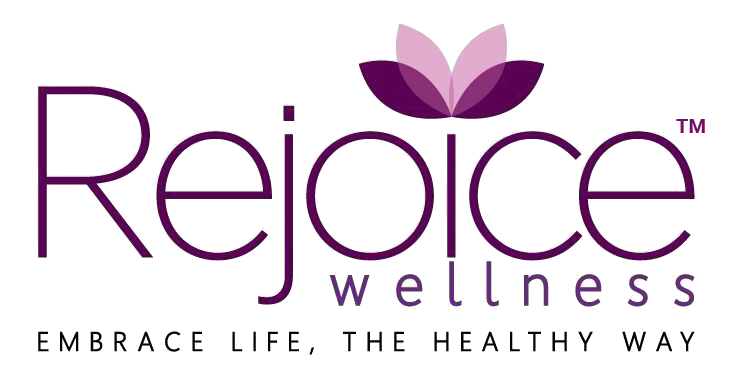Deprecated: implode(): Passing glue string after array is deprecated. Swap the parameters in /home/vlilwzgm/rejoicewellness.in/wp-content/themes/noo-medicus/framework/functions/noo-html-featured.php on line 626

#WellnessWednesday Know your ‘Zinc’
Deprecated: implode(): Passing glue string after array is deprecated. Swap the parameters in /home/vlilwzgm/rejoicewellness.in/wp-content/themes/noo-medicus/functions_custom.php on line 285
Zinc is considered an essential nutrient, meaning that your body can’t produce or store it. For this reason, you must get a constant supply through your diet.
In fact, zinc is the second-most-abundant trace mineral in your body — after iron — that is present in every cell.
Zinc is a micronutrient [trace element] that is necessary for many functions in body.
Especially during Covid-19 crisis the importance is highlighted because Zinc is necessary for a healthy immune system. A lack of zinc can make a person more susceptible to disease and illness.
Only a small intake of zinc is necessary to reap the benefits.
The recommended dietary allowance (RDA) for zinc is 8 milligrams (mg) a day for women and 11 mg a day for men.
But pregnant women should consume 11 and breastfeeding women should consume 12 mg per day.
As for functions:
It is responsible for a number of functions in the human body, and it helps stimulate the activity of 100-300 different enzymes that aid in metabolism, digestion, nerve function and many other processes.
Zinc is required for numerous processes in your body like,
• Gene expression
• Enzymatic reactions
• Immune function
• Anti-inflammatory functions (also helps reduce Acne)
• Protein synthesis
• DNA synthesis
• Wound healing
• Growth and development
Deficiency in children can lead to growth impediments and increased risk of infection. Symptoms of mild zinc deficiency include diarrhea, decreased immunity, thinning hair, decreased appetite, mood disturbances, dry skin, fertility issues and impaired wound healing
Foods with the highest reported zinc content are:
• raw oysters (Pacific), 85 grams : 14.1 milligrams
• baked beans, canned, ½ cup: 6.9 milligrams
• crab, King Alaskan, cooked, 85 grams : 6.5 milligrams
• lobster, cooked, 85 grams: 3.4 milligrams
• peas, green, cooked, 1 cup: 1.2 milligrams
• yogurt, plain, 85 grams: 1.3 milligrams
• pecans, 28 grams: 1.3 milligrams
• peanuts, dry roasted, 28 grams: 0.9 milligrams
Other sources of Zinc are:
• Shellfish: Oysters, crab, mussels, lobster and clams
• Meat: Beef, pork, lamb and bison
• Poultry: Turkey and chicken
• Fish: Flounder, sardines, salmon and sole
• Legumes: Chickpeas, lentils, black beans, kidney beans, etc.
• Nuts and seeds: Pumpkin seeds, cashews, hemp seeds, etc.
• Dairy products: Milk, yogurt and cheese
• Eggs
• Whole grains: Oats, quinoa, brown rice, etc.
• Certain vegetables: Mushrooms, kale, peas, asparagus and beet greens

